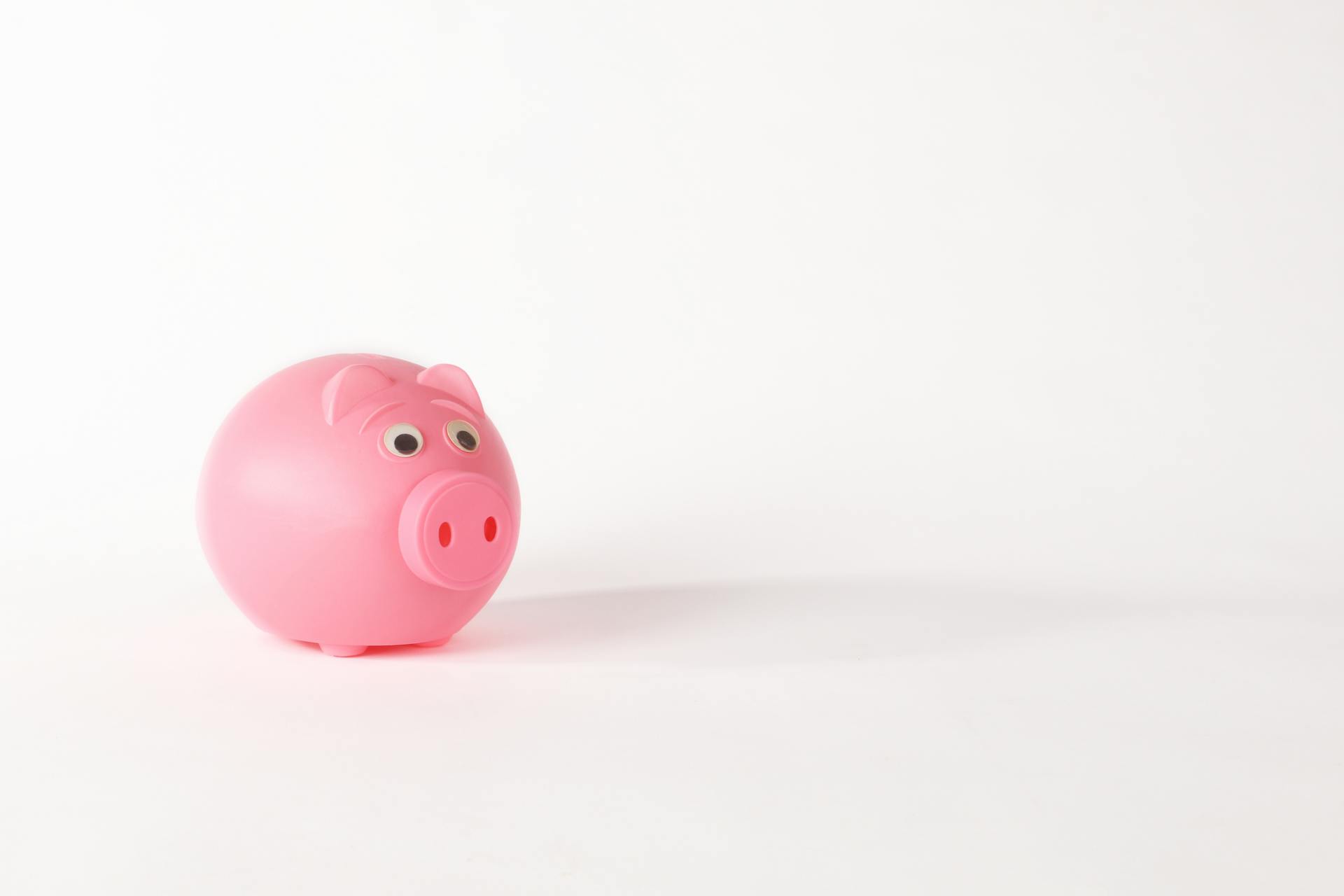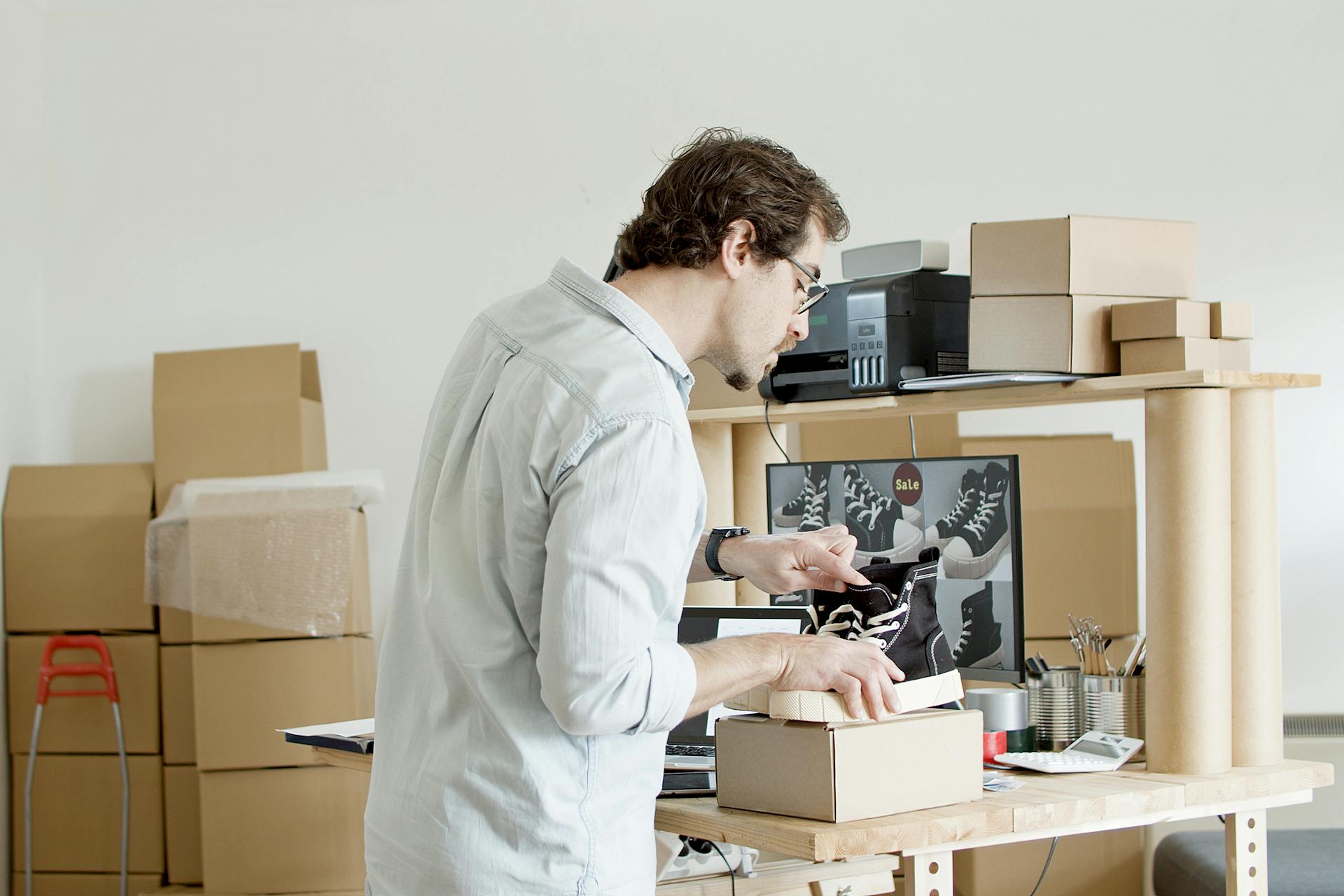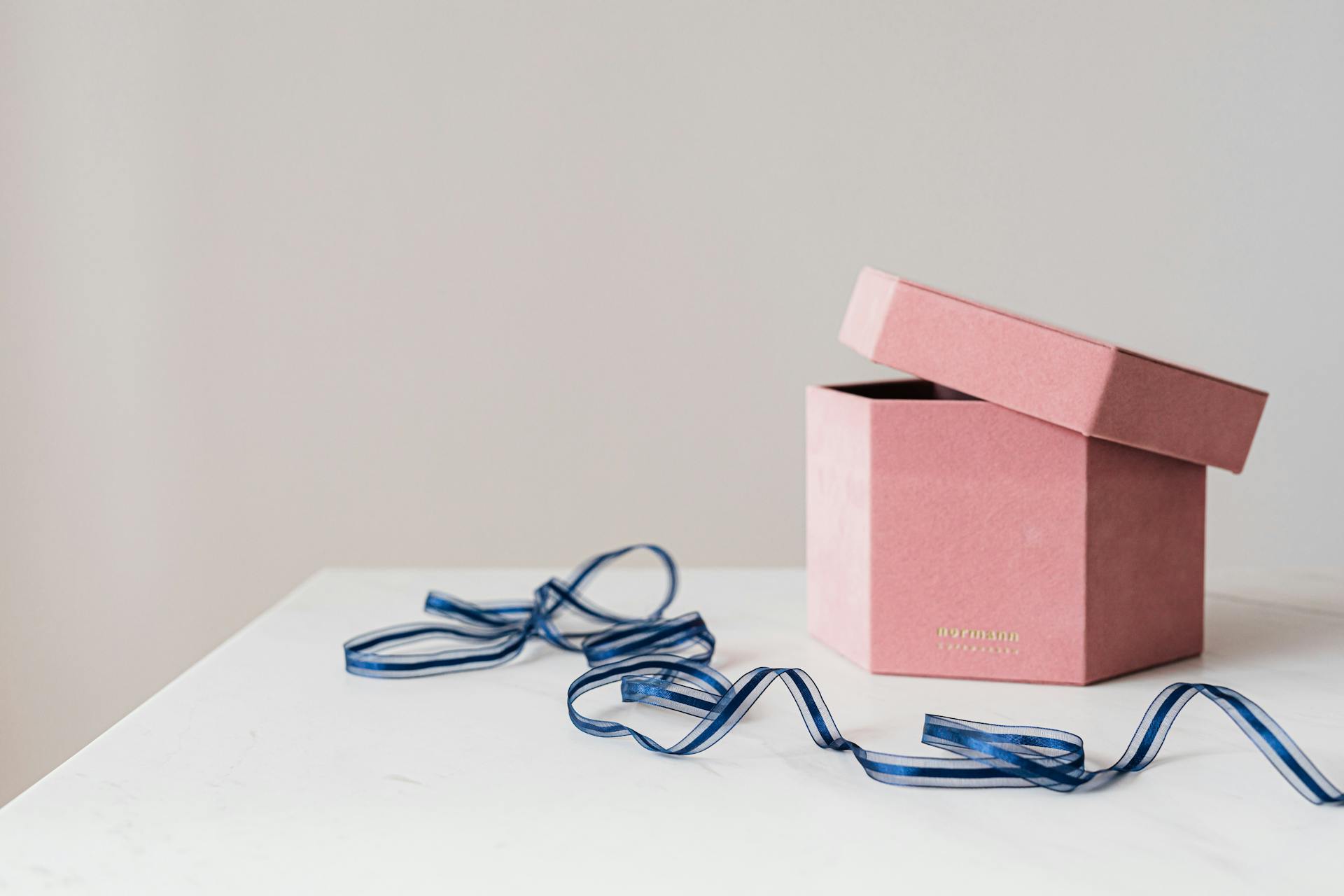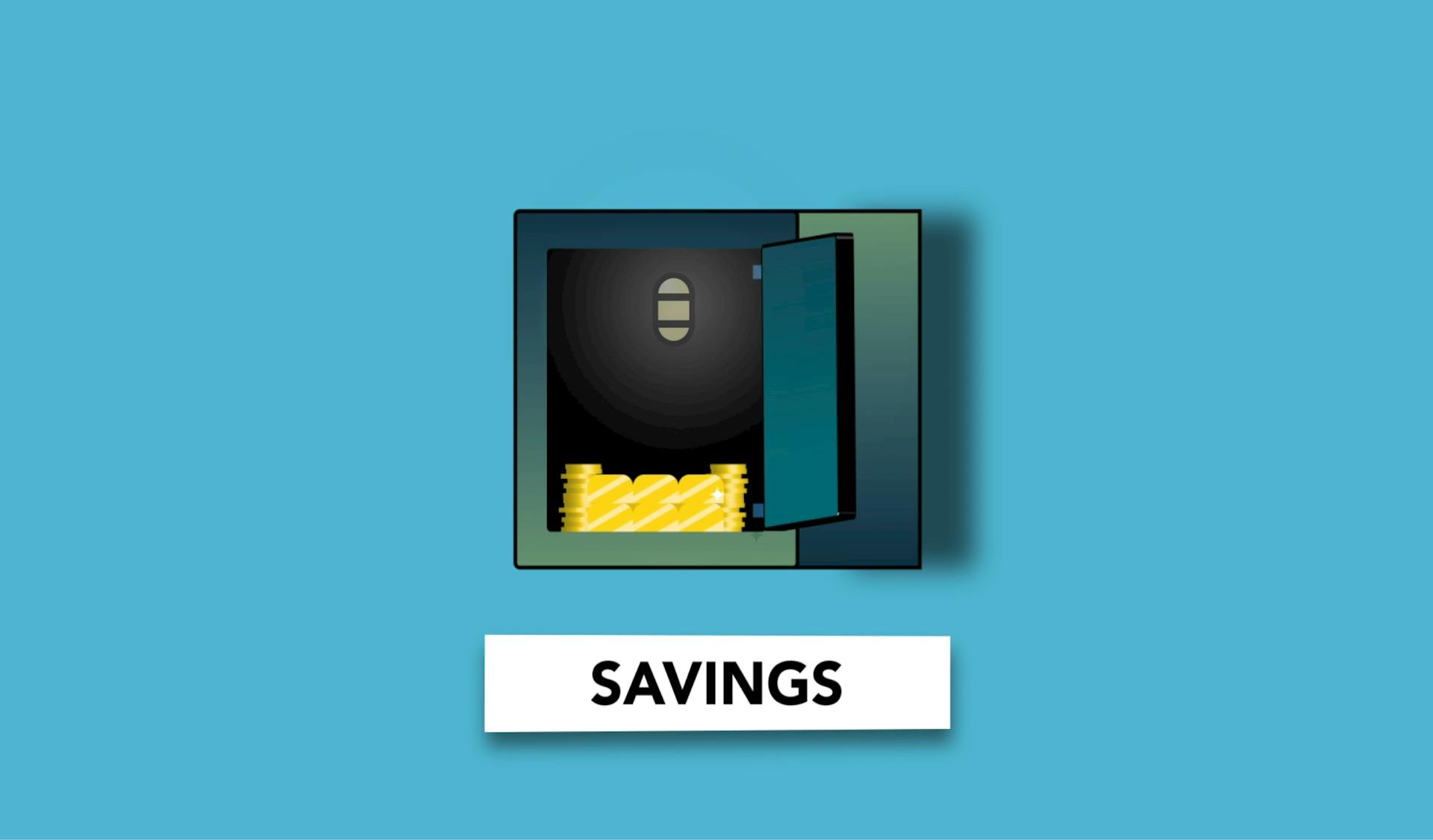
You can put money in a safe deposit box, but it's not the most conventional or recommended use. Some banks allow you to store cash in a safe deposit box, but it's essential to check with your bank first.
Typically, safe deposit boxes are designed for storing important documents, irreplaceable items, and valuables, not cash. However, if you have a large amount of cash that you want to keep secure, a safe deposit box might be a viable option.
It's worth noting that some banks have specific policies and fees associated with storing cash in a safe deposit box. You should factor these costs into your decision.
What is a Safe Deposit Box?
A safe deposit box is a secure storage space typically found at a bank or credit union, where you can store valuable items such as important documents, jewelry, and family heirlooms.
You can usually access your safe deposit box during bank hours, but some banks may have limited hours or require an appointment.
Safe deposit boxes come in various sizes, ranging from small boxes that can fit a few documents to larger boxes that can hold more substantial items like laptops or even small furniture.
To rent a safe deposit box, you'll typically need to provide identification and proof of address, and you may need to sign a rental agreement outlining the terms and conditions.
Most safe deposit boxes are locked and can only be accessed with a key or combination, providing an additional layer of security for your stored items.
Benefits and Risks
You can put money in a safe deposit box, but it's not without its risks and drawbacks. Here are some key things to consider:
Storing cash in a safe deposit box means missing out on earning interest on your money. This can add up over time, especially if you're saving a significant amount.
You'll also want to be aware of the risk of loss or damage to your cash. This can happen if the bank experiences a disaster, such as a fire or flood, and you may not be able to recover your losses.
If someone gets access to your safe deposit box keys, they can take the contents, and the bank won't be held responsible.
You may also face limited access to your cash if you need it in an emergency and the bank is closed or you can't physically visit.
Here are some of the key risks associated with storing cash in a safe deposit box:
- Lack of interest earned
- Risk of loss or damage
- Potential of unauthorized access
- Limited access to cash
- Possibility of seizure
Understanding Cash Storage Risks
Storing cash in a safety deposit box may seem like a secure option, but there are some risks to consider. You can store a significant amount of cash or coins in a safe deposit box, but be aware that you may be asked to declare the contents, especially if you're storing a large amount.
You're responsible for organizing and protecting the currency from damage or deterioration over time. Use envelopes, plastic bags, or containers to keep your cash safe. This is especially important if you're storing a large amount of cash.
Expand your knowledge: Large Value Transfer System
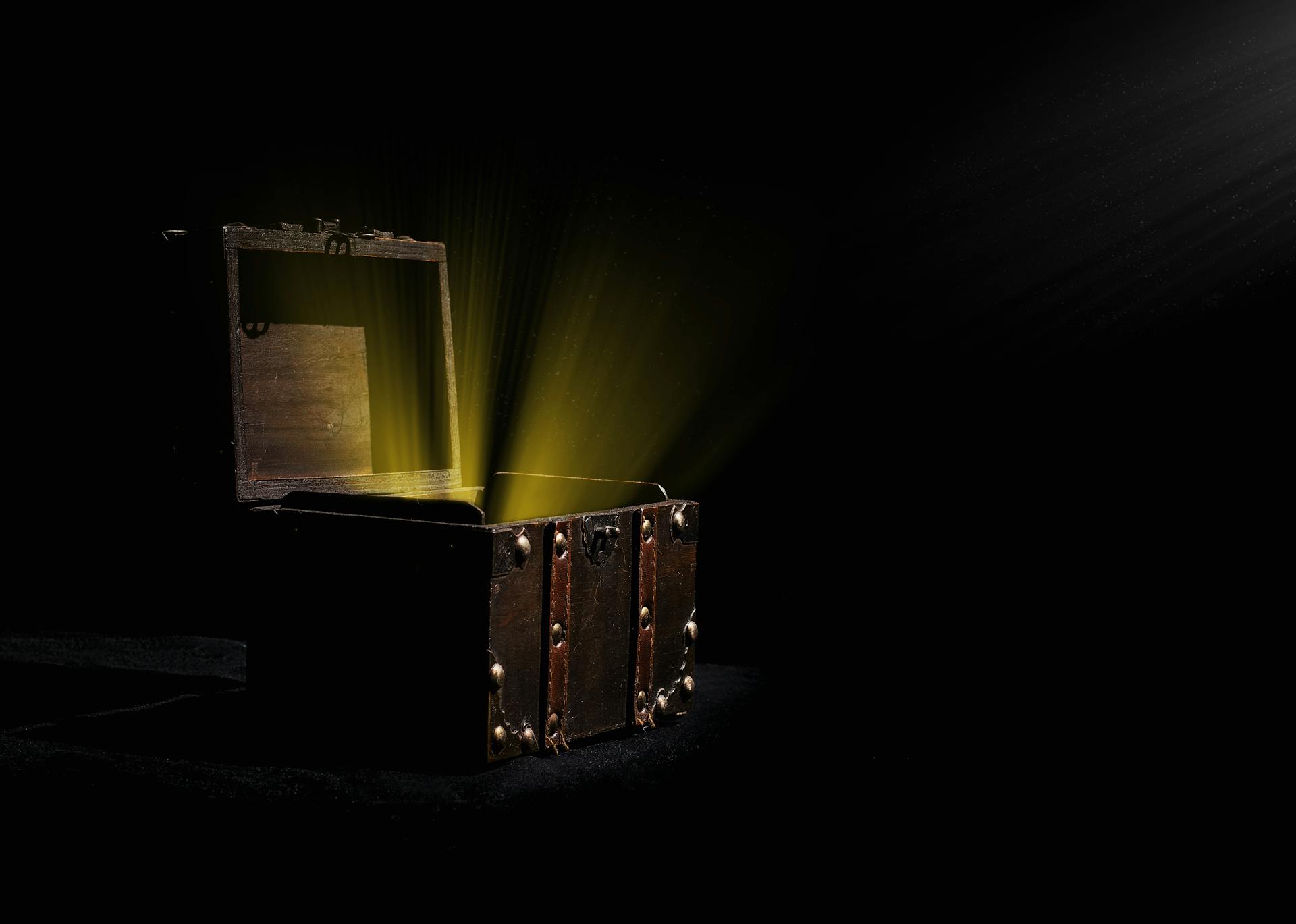
One of the biggest risks is missing out on interest earned. If you store your cash in a safety deposit box, you won't earn any interest on your money, unlike with a savings account or certificate of deposit.
If the bank burns down or gets flooded, you may not be able to recover your cash. The bank's liability section in your safety deposit box agreement will likely state that they're not responsible for losses due to natural disasters.
Losing a key or sharing one with someone who's dishonest can also put your cash at risk. Banks don't take responsibility if someone gains unauthorized access to your safety deposit box.
Here are some of the risks of storing cash in a safety deposit box:
- Lack of interest earned
- Risk of loss or damage
- Potential of unauthorized access
- Limited access to cash
- Possibility of seizure
Benefits of Safe Deposit Box
A safe deposit box is a great way to store valuable items, and it's reassuring to know that your belongings are protected in a secure location. Safe deposit boxes are kept inside a bank vault, which is only accessible to you.
You can choose from various box sizes to fit your storage needs, but be aware that the contents are not insured by the bank or the FDIC. This means you'll need to take care of insuring the items yourself.
The rental fee for a safe deposit box varies depending on the size and state, but you can expect to pay a standard price. However, you can receive a discount if you have a Regions checking or savings account, which can range from 30% to 50% off the standard price.
You can pay for your safe deposit box in one of three ways: by automatic deduction from your Regions checking or savings account, by mail, or in person at a Regions branch. If you opt for automatic deduction, you'll receive a 10% discount on top of the standard price.
Here are the payment options and their corresponding discounts:
Frequently Asked Questions
Why are banks getting rid of safe deposit boxes?
Banks are discontinuing safe deposit boxes due to decreasing demand and increasing costs of maintaining them. This shift is largely driven by the difficulty and expense of replacing documents stored in these boxes.
Can IRS take cash in a safe deposit box?
Yes, the IRS can seize the contents of a safe deposit box, including cash, to satisfy a tax debt or penalty. This may involve a court order to freeze, seize, or force the sale of the contents.
Sources
- https://www.samratfinancialbanking.com/finance/can-i-store-cash-or-coins-in-a-safe-deposit-box%3F
- https://www.fdic.gov/consumer-resource-center/five-things-know-about-safe-deposit-boxes-home-safes-and-your-valuables
- https://www.regions.com/personal-banking/safe-deposit-box
- https://www.weststarbank.com/article/5-things-to-know-about-safe-deposit-boxes-and-home-safes
- https://www.sapling.com/7819167/legal-cash-safety-deposit-box
Featured Images: pexels.com
